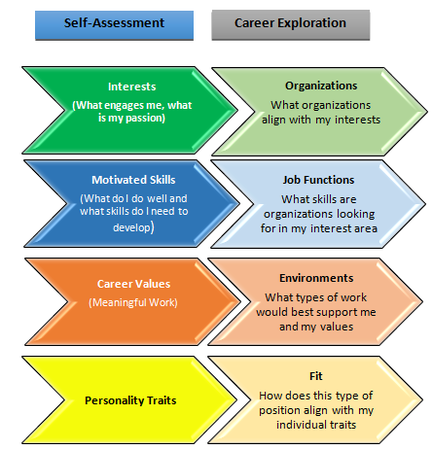Title: Freelancing vs. Full-Time Employment: Making the Right Choice
Title: Freelancing vs. Full-Time Employment: Making the Right Choice
Introduction:
. Many individuals find themselves at a crossroads, torn between freelancing and traditional full-time employment. Each option has its own advantages and considerations that should be carefully evaluated. In this blog post, we will explore the key factors to consider when making the decision between freelancing and full-time employment, helping you determine the right choice for your career path.
1. Assess Your Work Style and Preferences:
Consider your work style and preferences to determine which arrangement aligns better with your professional goals and personal life. Freelancing offers flexibility, autonomy, and the opportunity to choose projects that interest you. Full-time employment provides stability, benefits, and a structured work environment. Reflect on your need for independence, routine, work-life balance, and the level of risk you are willing to take.
2. Evaluate Financial Considerations:
Financial stability is a crucial aspect when deciding between freelancing and full-time employment. Evaluate your financial situation, including expenses, debt, savings, and income requirements. Freelancers may experience fluctuations in income, while full-time employment offers a steady paycheck. Consider factors such as taxes, healthcare costs, retirement savings, and the potential for growth and salary progression in each scenario.
3. Assess Career Development Opportunities:
Examine the career development opportunities available in each option. Full-time employment often provides structured training programs, mentorship, and the potential for promotions within the organization. Freelancing offers the opportunity to diversify your skill set, work with various clients, and potentially earn higher rates. Consider the long-term impact on your professional growth and the skills you wish to develop.
4. Consider Work-Life Balance and Flexibility:
Work-life balance and flexibility are key factors that may influence your decision. Freelancers have greater control over their schedules and can adapt their work hours to accommodate personal commitments. On the other hand, full-time employment often comes with set working hours and limited flexibility. Assess your priorities and the level of work-life integration you desire.
5. Evaluate Risk Tolerance and Job Security:
Freelancing and full-time employment differ in terms of risk and job security. Freelancers take on greater financial and professional risks, as they are responsible for finding clients, managing projects, and navigating periods of potential instability. Full-time employment offers more stability, including benefits, paid leave, and a predictable income. Consider your risk tolerance, willingness to market yourself, and ability to handle uncertainty.
6. Analyze Workload and Time Management:
Evaluate your workload preferences and time management skills. Freelancers have the freedom to choose their projects and workload, but they must also manage their time effectively to meet deadlines. Full-time employees often have a set number of hours and predefined tasks. Assess your ability to self-motivate, handle multiple projects simultaneously, and meet deadlines independently.
7. Explore Personal Fulfillment and Passion:
Consider your personal fulfillment and passion for your work. Freelancing offers the opportunity to pursue projects aligned with your interests and passions, potentially leading to a greater sense of fulfillment. Full-time employment may provide stability and opportunities for growth within a specific industry or organization. Reflect on the type of work that energizes you and contributes to your overall happiness.
Conclusion:
Choosing between freelancing and full-time employment requires careful consideration of various factors. Assess your work style, financial situation, career aspirations, work-life balance preferences, risk tolerance, time management skills, and personal fulfillment. Remember that the decision may not be permanent, and you can always transition between the two based on your evolving needs and circumstances. By evaluating these factors thoughtfully, you can make an informed decision that aligns with your professional and personal goals, setting yourself on a path to a rewarding and
isplaynetwork.com/8a6fef4f4f5e983e69ed96b3a336064c/invoke.js">');













Post a Comment